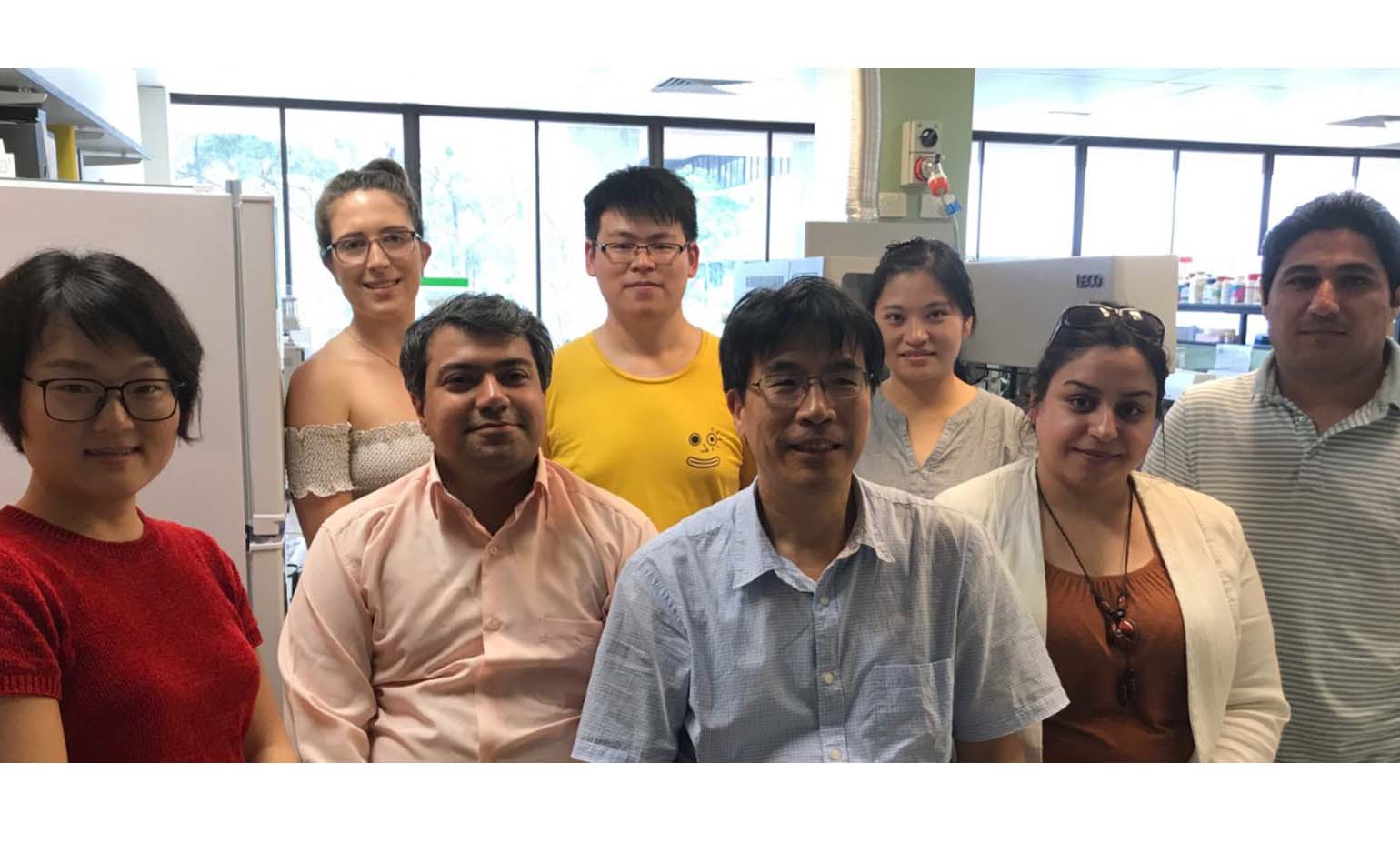Griffith University, located in Brisbane, Queensland, is one of Australia’s leading research universities and is a Major Partner in the Soil CRC.
Griffith University contributes to Soil CRC Programs 2, 3, and 4, with most of that contribution coming from staff in the Environmental Biogeochemistry Research Lab (EBRL) that is hosted at Griffith University.
This Lab is led by Soil CRC Project Leader, Professor Chengrong Chen. Working with him are Dr Mehran Rezaei Rashti, Dr Maryam Esfandbod, Prof Andrew Smith, Dr Sue Boyd, Dr Chris Brown and Dr Peter Johnston. All these researchers are involved with current Soil CRC projects.
The EBRL researchers work in the research areas of biogeochemistry in agriculture and the environment. They are particularly focused on:
- Soil health, microbial system and agriculture
- Microbial carrier and rhizobial inoculants
- Nutrient cycles in soil, sediment and water
- Recycled organics (composts and organic fertilisers) and waste management
- Biochar technology in agriculture and environment
- Remediation of emerging contaminants in soil, waste and water.
- Impact of fire on soil and ecosystems
- Mining site remediation
- Nutrient fingerprinting and water quality on the Great Barrier Reef
- Climate change, drought and nutrient management
The EBRL is initiating a national network – the Applied Network for Recycled Organics and Waste Management (ANROWM). The aim of this network is to bring together different stakeholders from policy makers, to end users and academics, to find the applied research gap and at the same time provide education and training for end users, industry and students. The network will also increase the public awareness about the issues and benefits of recycled organics.
Two years ago, EBRL set up an Australia – China Environmental Biogeochemistry Forum – led by Griffith University, and partnering with RMIT University, University of Newcastle, the Queensland Government, Huazhong Agricultural University, Peking University and the Chinese Academy of Science. Through our partners, the Soil CRC will benefit directly from these collaborations.
One of the unique items of equipment that Griffith University has is a Nuclear Magnetic Resonance (NMR) spectrometer. There are only two of these in Australia which are dedicated to soil and environmental studies. The NMR machine shows the functionality of carbon material in soil, plants and organic wastes. It is currently being used in projects on soil fingerprinting, carbon functionalities, and soil carbon sequestration. The information it provides is very useful for all the research collaborators and it can guide sustainability practices for farmers.
Griffith University is currently leading two Soil CRC projects and participating directly in another two Soil CRC projects:
- Evaluating alternative rhizobial carriers for improving soil performance – led by Prof Chengrong Chen from Griffith University
- Evaluating soil functional resilience to compaction and drought stresses for developing higher performance soils – led by Dr Mehran Rezaei Rashti from Griffith University
- Development and evaluation of novel nano-porous carrier materials to improve pesticide delivery efficiency – led by Dr Yanju Liu from the University of Newcastle
- New cost-effective pathways to recover and evaluate high-grade fertilisers from organic waste streams – led by Dr Dane Lamb from the University of Newcastle

